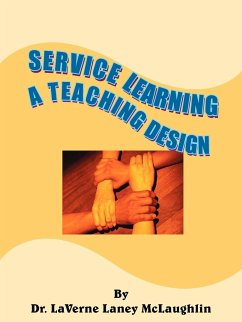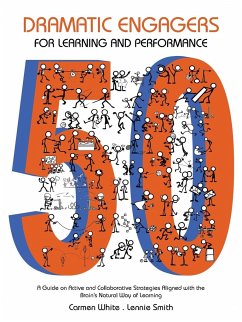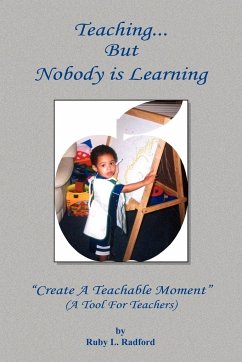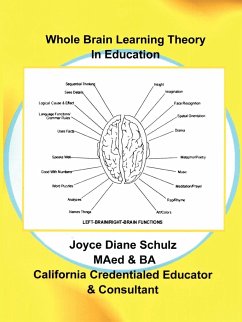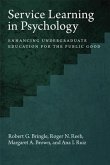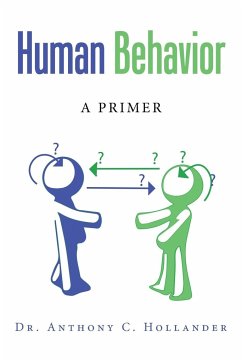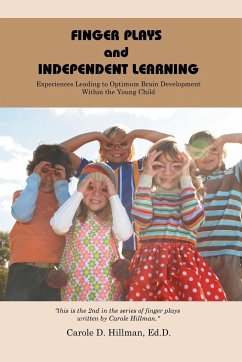This book details service learning as a most promising innovation in educational reform. The book is designed to be used as a supplement to teaching courses on Service Learning. Some forms are included to assist in designing course work. It sheds light on the relationship among the perceptions of university students regarding the impact of service learning on student leadership potential. Several types of community projects are discussed as service learning tools. These projects included literacy-based community service learning and traditional service learning experiences. Service Learning is the integration of community service with academic content of coursework that has been identified by educators as practice that will develop civic responsibility in today's youth. This is a goal that is articulated in many college and university mission statements throughout the United States. There has been rapid growth in the use of service learning research in the past ten years. More information is needed to improve the understanding of service learning as pedagogy on college campuses. This book explores the process of integrating the service experience with classroom learning in academic courses, and its impact on the leadership potential of students. It is clear from the book and earlier research that participation in service learning courses facilitates at least four types of student outcomes. These outcomes include: a greater sense of personal efficacy, an expanded awareness of the world, a heightened understanding of personal values, and an increased level of engagement in academic course work.
Bitte wählen Sie Ihr Anliegen aus.
Rechnungen
Retourenschein anfordern
Bestellstatus
Storno

